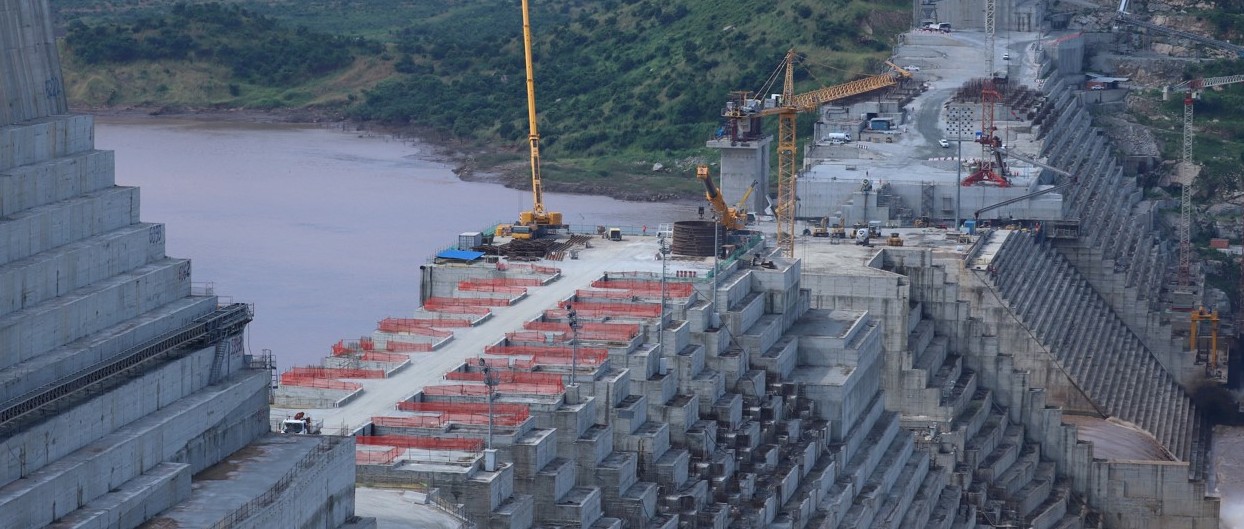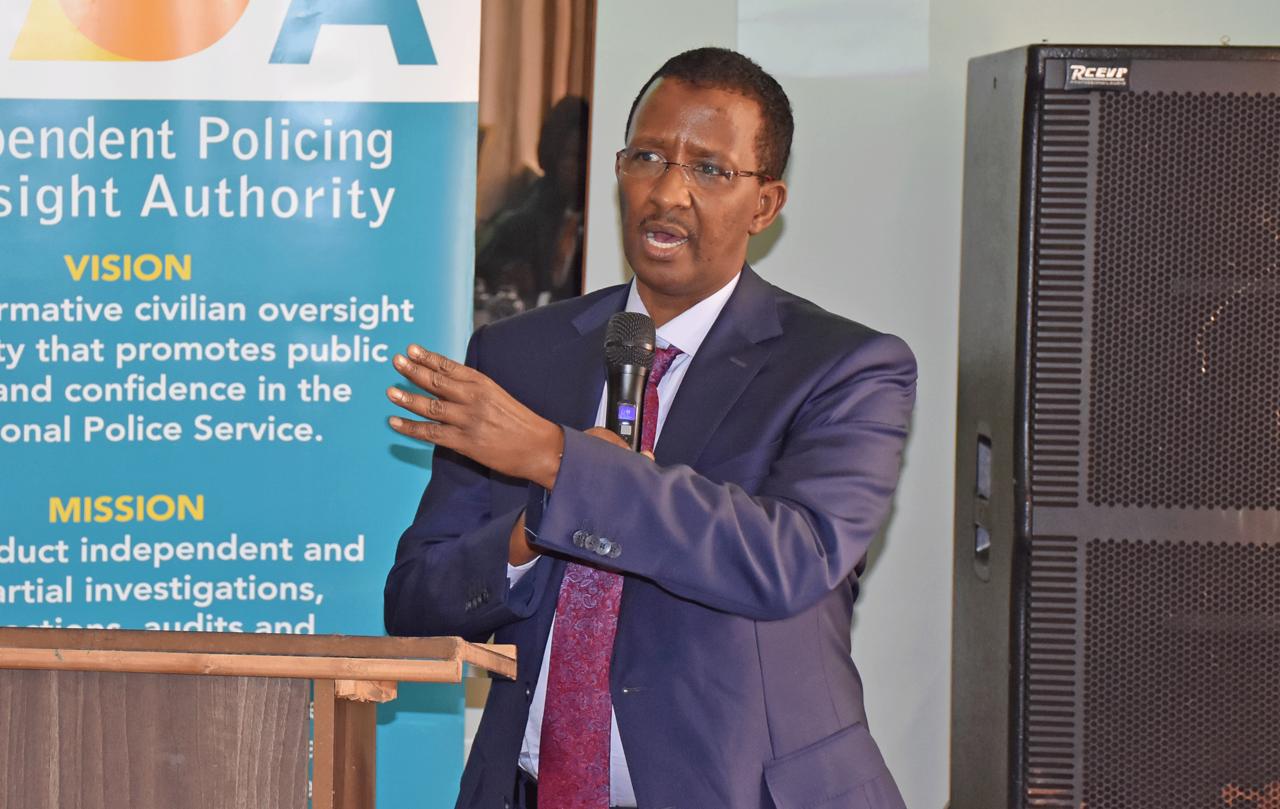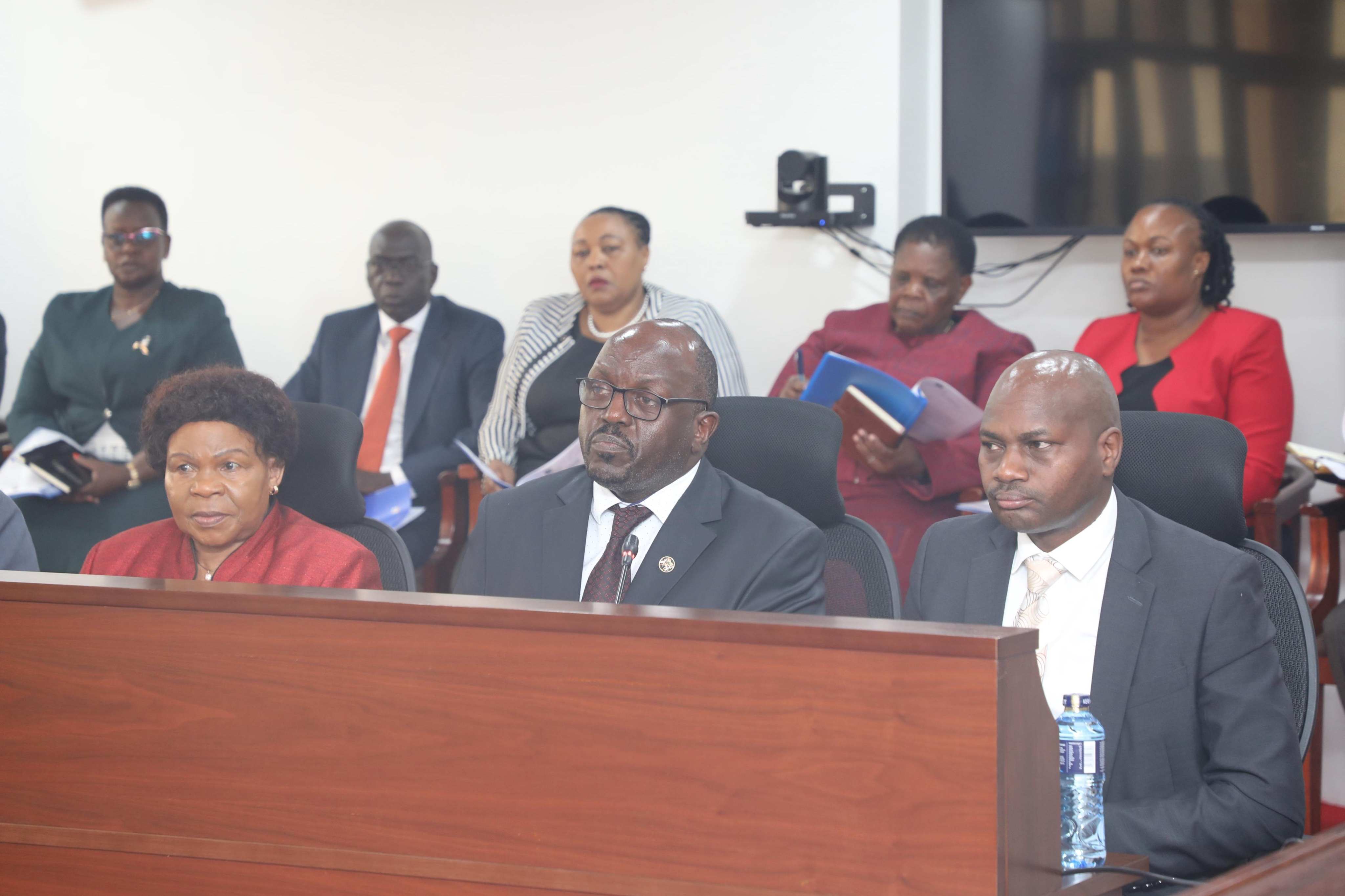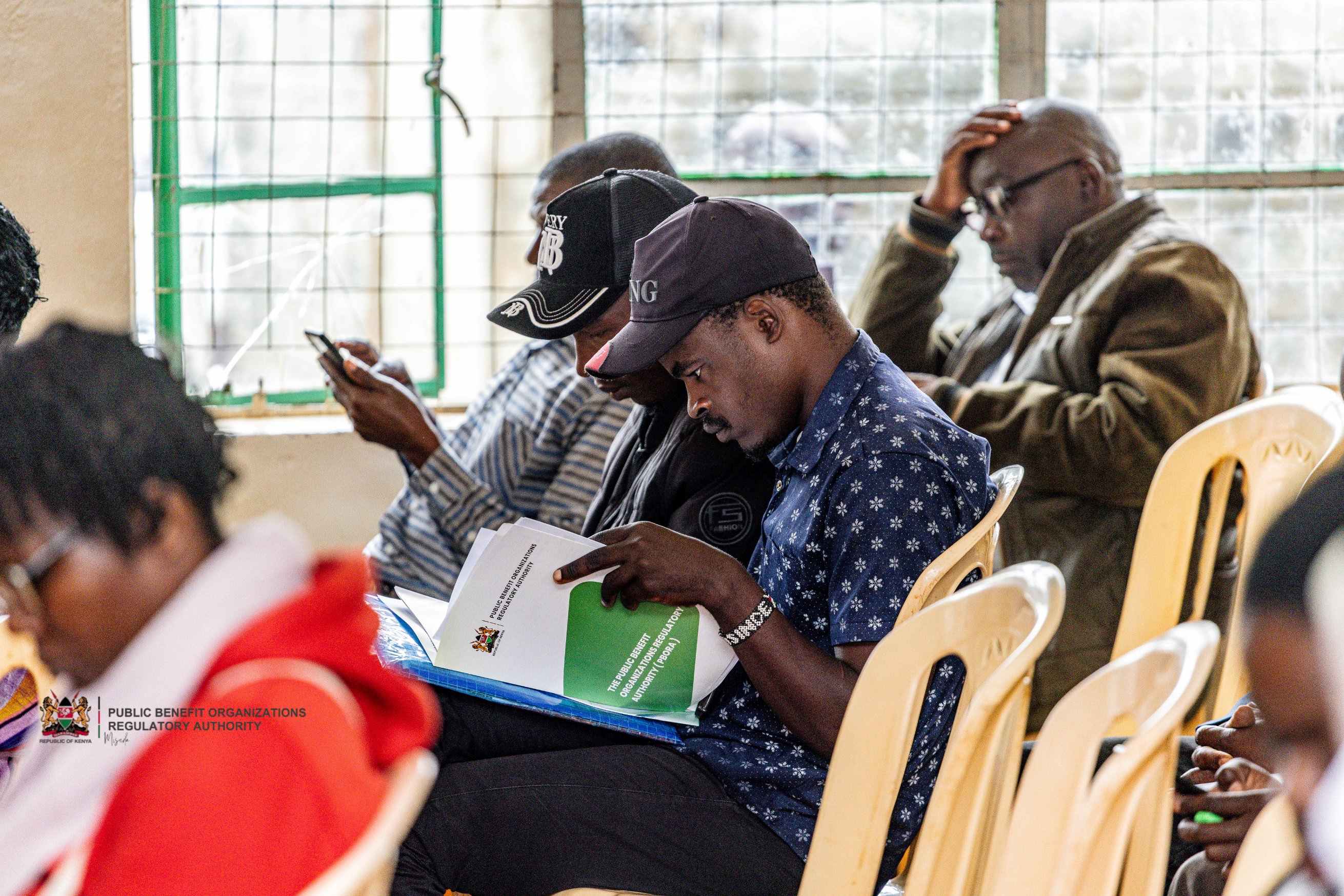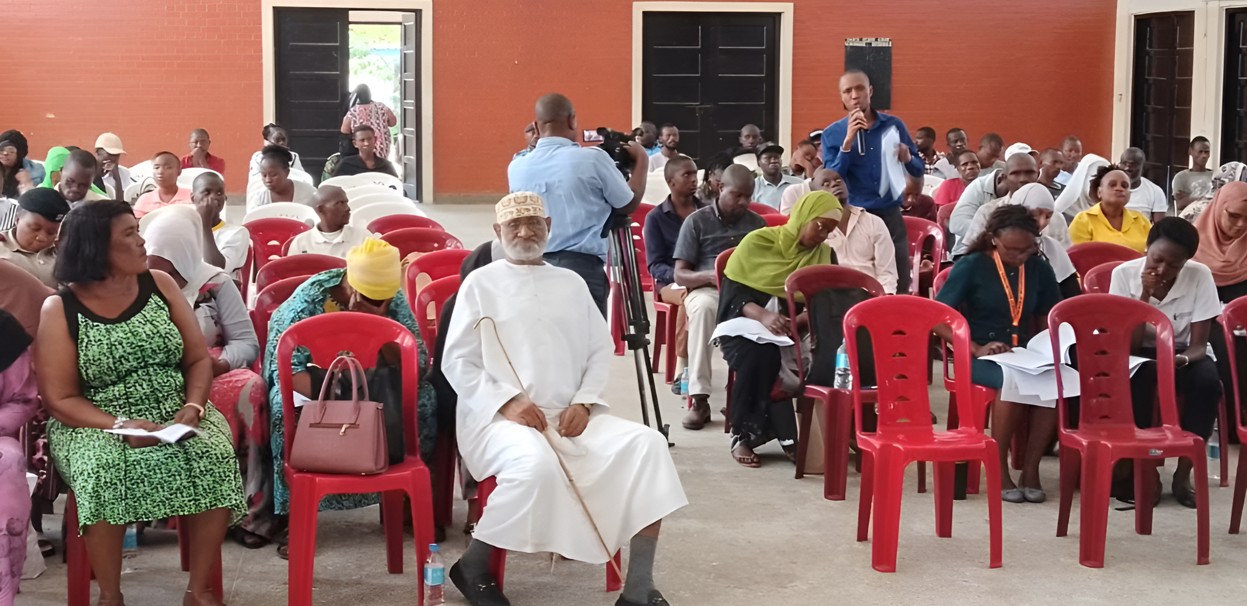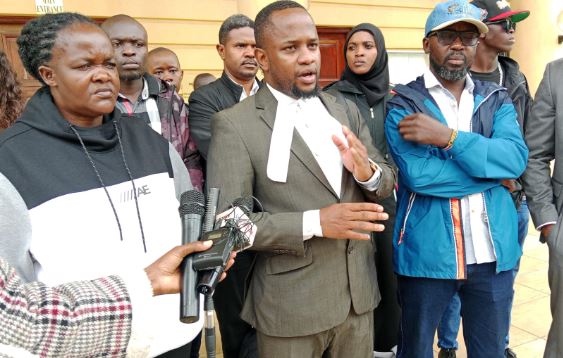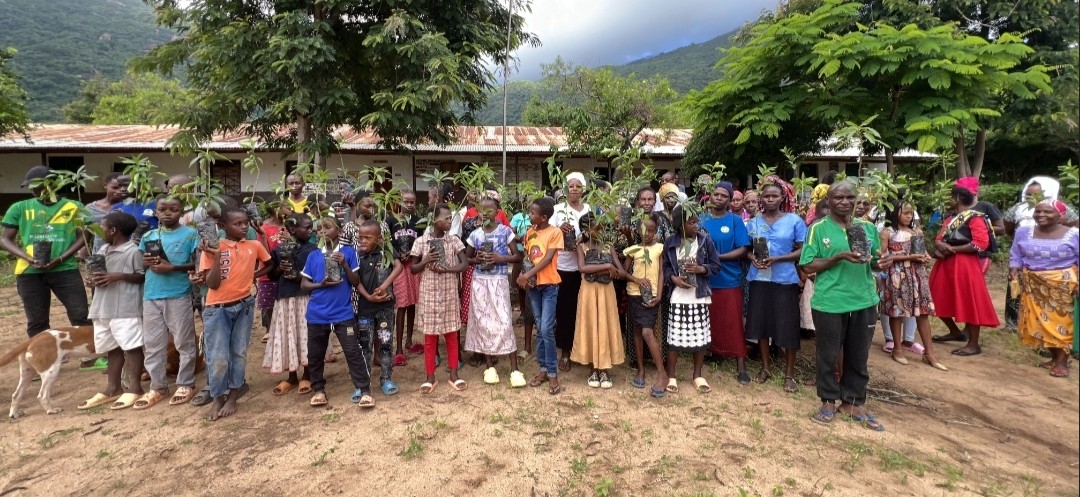Geologists raise alarm on depleting water in Nairobi boreholes
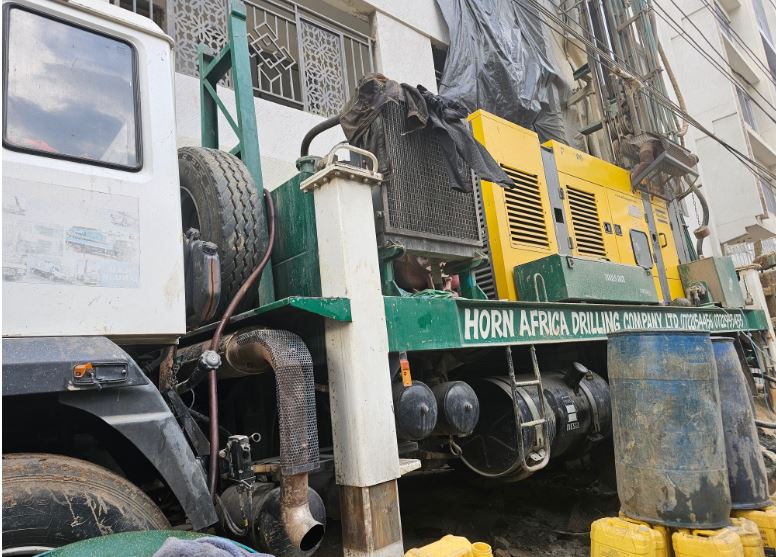
Boreholes serve as a primary water source for many residents in Eastleigh and Nairobi.
More To Read
- No mega dams completed yet despite government pledge, Water CS Eric Mugaa
- Africa’s freshwater ecosystems depend on little creatures like insects and snails: Study maps overlooked species
- Nairobi water utility records historic Sh11.7 billion in annual revenue amid service reforms
- Kenya cuts environment budget to Sh103.8 billion despite climate change pressures
- Audit reveals Sh52 million wasted on northern Kenya salty and dry boreholes
- Private sector dominates Kenya’s borehole drilling as state spending dips
Geologists are raising concerns about the imminent depletion of boreholes in Nairobi City due to the excessive extraction of water from underground aquifers.
The situation is being worsened by the large number of unregulated water boreholes being drilled by city residents.
These actions, geologists say, threaten the sustainability of the city's water supply.
Daniel Olago, a geologist and the Director of the Institute for Climate Change and Adaptation at the University of Nairobi, explained that Nairobi relies on a multi-level aquifer system.
He added that the increasing depth of boreholes, which now often exceed 300 metres, is not a sustainable solution.
"When you deplete your aquifers faster than what is coming in, the pores of that rock that holds water collapse, and you get less and less storage," Olago stated.
He emphasised that there is a limit to how deep one can drill for water, as underneath these layers are volcanic rocks that do not yield water.
In Eastleigh, boreholes serve as a primary water source for many residents. New buildings in the area often include their own water sources to address the city's chronic scarcity of the commodity.
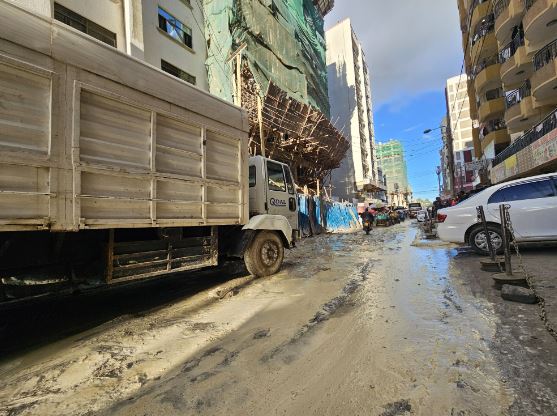 A construction site in Eastleigh, Nairobi. (Photo: Abdirahman Khalif)
A construction site in Eastleigh, Nairobi. (Photo: Abdirahman Khalif)A construction site in Eastleigh, Nairobi. (Photo: Handout)
However, the proliferation of unregulated boreholes is leading to compressed aquifers. As a result, less water is being stored, while more is being extracted than is sustainable.
Olago warned, "At the end of the day, Nairobi will be a place where we cannot rely on groundwater anymore because we are going to have dry boreholes."
As Nairobi's population continues to grow, the city's water infrastructure is struggling to keep up with the increasing demand.
The demand for water in Nairobi has grown to over 810,000 cubic metres daily, while the installed production capacity is only 525,600 cubic metres daily. This creates a demand gap of 284,400 cubic metres, leading to widespread water rationing.
Nairobi County's water supply comes from four main sources: Kikuyu Springs, Ruiru, Sasumua, and Thika Dams. The water from these sources is treated at the Ngethu, Sasumua, Kabete, and Kikuyu Water Treatment Works.
These facilities have an installed maximum daily production capacity of 440 million, 61 million, 20 million, and 4 million litres, respectively.
To meet their daily water needs and address the gaps, many residents and businesses have resorted to drilling boreholes. However, this solution also contributes to environmental degradation.
Drilling companies have been accused of spilling dirty water and mud from the boreholes onto the streets, and there are concerns that many do not conduct environmental assessments before starting their operations.
Top Stories Today
